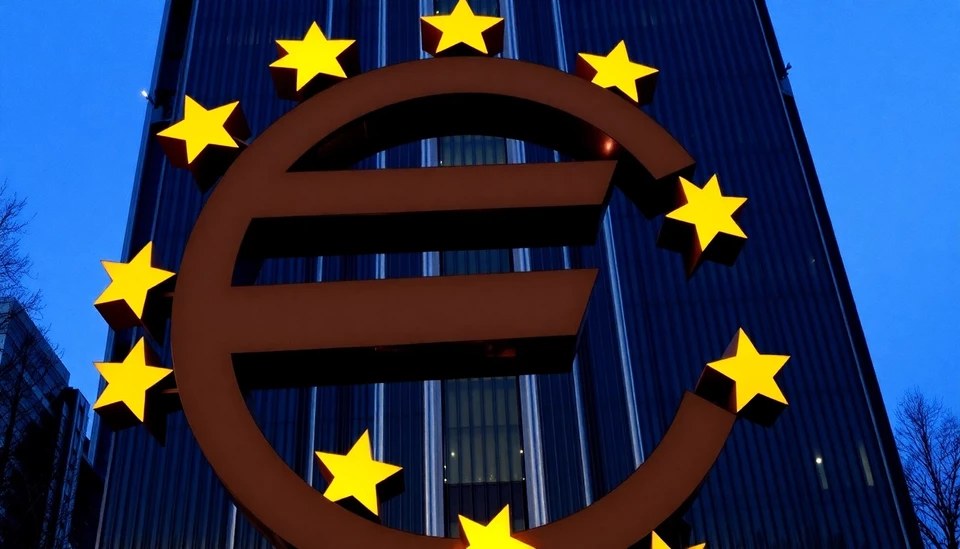
In a recent statement, European Central Bank (ECB) policymaker Olli Rehn remarked that the newly imposed tariffs by various countries could lead to a decrease in inflation in the short term. This perspective comes amidst ongoing discussions about rising prices and economic pressures faced by consumers and businesses across the Eurozone.
Rehn emphasized that while tariffs often lead to increased costs for goods and services, they might also stabilize price levels temporarily as supply chain adjustments take place. The ECB has been diligently monitoring inflation trends and adjusting monetary policy in response to these fluctuations. Rehn's comments highlight a nuanced understanding of the complex relationship between tariffs and inflation, suggesting that while immediate impacts might produce downward pressure on inflation rates, the long-term effects could differ significantly.
Rehn pointed out that the global economic landscape is continuously evolving, and as countries implement trade measures, the resultant shifts in supply and demand dynamics could influence inflation metrics. As tariffs are enacted, there might be an initial dampening effect on inflation, which could provide some relief to consumers who have been grappling with rising costs for essential goods.
However, he also indicated that the situation remains fluid, and the ECB will need to remain vigilant to ensure that any temporary decreases in inflation do not lead to complacency regarding the overall economic trajectory. The broader implications of tariffs on trade relationships and long-term price stability remain uncertain, and the ECB's strategies will require careful balancing.
The ECB's mandate includes maintaining price stability and supporting economic growth. As inflation rates have been a central concern among policymakers, Rehn's insights are particularly relevant as the ECB navigates these turbulent waters. The institution is tasked with making decisions not only based on current economic indicators but also projections about future trends influenced by international trade policies.
As the global economic situation evolves, Rehn's outlook serves to remind stakeholders of the intricate interplay between tariffs and inflation. With the potential for shifting economic pressures, the ECB is poised to respond strategically to ensure that the Eurozone can weather ongoing challenges while striving for stability and growth.
In summary, while current tariff measures may provide a temporary respite from inflationary pressures, the long-term economic forecast remains uncertain. The ECB, led by policymakers like Rehn, will continue to actively monitor these developments and adapt their strategies as necessary to foster an environment of price stability and economic resilience.
#ECB #Inflation #OlliRehn #Tariffs #EconomicPolicy #Eurozone #MonetaryPolicy #TradeRelations
Author: Rachel Greene




